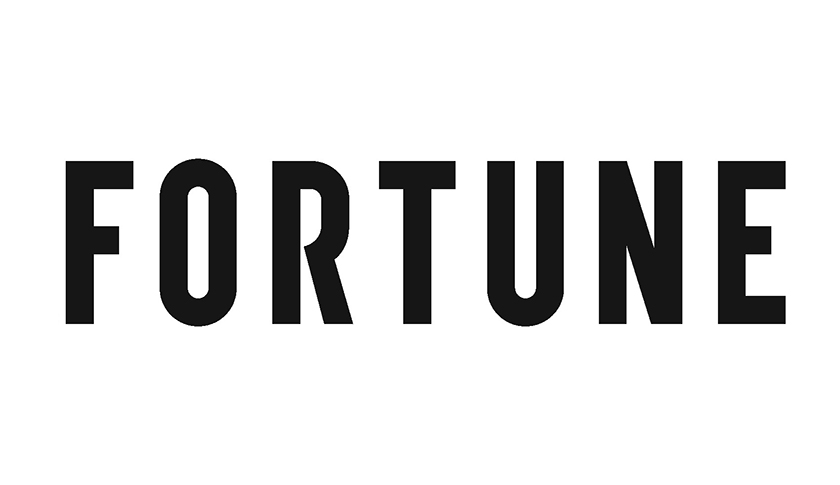Charting the Course for the Future of Consumer and Worker Financial Health
As we mark 20 years of the financial health movement, it is energizing to consider the immense advancements we’ve made in partnership with so many of you. In that time, more than 170 organizations have answered our call to measure the financial health of their customers, employees, and communities.
Disability in the Workplace: A Financial Health Perspective
Join fellow Members for an in-depth discussion exploring these challenges and the employer solutions that make a difference.
Evan Starr | The Noncompete Effect, From CEOs to Sandwich Makers
As the Federal Trade Commission (FTC)’s recent rule effectively banning noncompete agreements sends shock waves across the business world, this often misunderstood employment tool is in the spotlight. Typically considered the sole province of executives, nearly 1 in 5 workers are subject to a noncompete – including some fast food workers. So are these agreements essential to protect a company's proprietary assets, or are they a blunt tool whose utility has been overextended to create anti-competitive practices? If the noncompete ban stands, what might this mean for workers, their financial health, and our broader economy? In the opening episode of our special EMERGE Everywhere Workplace mini-series, host Matt Bahl, head of workplace financial health, dives into the details of noncompetes with University of Maryland Associate Professor Evan Starr, whose research directly informed the FTC’s rulemaking. Note for Listeners: Since we recorded this episode, multiple conflicting lower court rulings have risen which all but guarantees noncompetes will be taken to the Supreme Court. Regardless, this episode focuses on the past, present, and potential future of noncompetes and their financial health impacts.
Easing the Housing Burden: How Employers Can Assist With Housing Costs
Join fellow Members for a virtual interactive discussion on the different ways they’re addressing employees' needs for affordable housing.
Zeynep Ton | Rethinking What Makes a Good Job
As people struggle to make ends meet amid a cost-of-living crisis, employers play a critical role in supporting workers’ financial health. Research shows that creating good jobs isn’t just the right thing to do, but also the profitable thing to do – improving employee satisfaction, company performance, and market competitiveness. Listen in as Zeynep Ton, Professor of the Practice at MIT Sloan School of Management and Co-Founder and President of the Good Jobs Institute, makes the business case for investing in good jobs and shares ways to implement a good jobs approach.
A 60-year-old worker in Texas says she’s dependent on apps that let her get paid early: ‘They get you hooked on having that money’
Between 2018 and 2020, transaction volume on wage-access apps tripled.
The pandemic made Earned Wage Access apps popular. Regulators want to rein in the fees
Many of these apps charge monthly subscription fees, and most charge mandatory fees for instant transfers of funds.
These apps allow workers to get paid between paychecks. Experts say there are steep costs
When Anna Branch, 37, had her hours at work reduced in 2019, she suddenly noticed ads for an app called EarnIn.
To Retain Workers, Consider Paying Them More Often
You can test out a more frequent payroll schedule or offer on-demand access to earned wages as an employee benefit.
How Companies Can Help Employees Save for Emergencies
Under a new federal law, employers can help some workers guard against financial distress. But setting up these rainy day funds can get a bit tricky.
Employers Can Now Enroll Workers in Some Emergency Savings Accounts
But many companies are spurning the "clunky" legal requirements for accounts linked to retirement plans.
Better emergency savings tools for better financial health
I keep thinking about this column from Alex Johnson last month around financial health and savings. To me, one of the biggest disappointments around the past decade of fintech innovation is how little we are moving the needle for the financial health of consumers.











